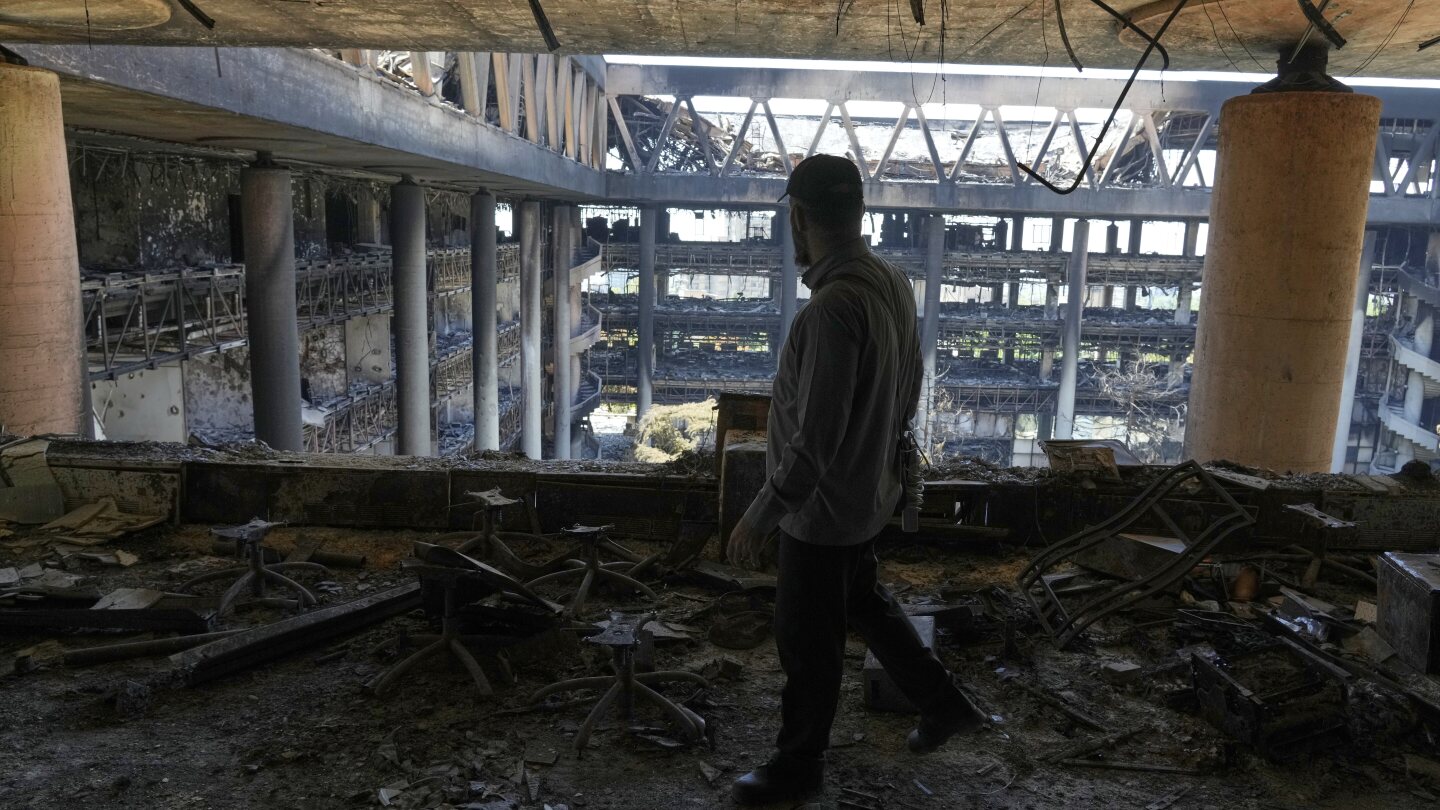The ongoing conflict between Israel and Iran has plunged Iran into a state of near-total internet blackout, leaving its population cut off from the outside world and struggling to access crucial information. As the war enters its second week, civilians in Iran find themselves in a communication void, unable to connect with loved ones or obtain real-time updates on the conflict unfolding around them. This blackout has created a sense of uncertainty and fear among the populace, with many left in the dark about the impact of Israeli airstrikes and retaliatory missile attacks.
According to reports, the Iranian government has deliberately restricted internet access in response to Israeli cyberattacks, following a series of deadly strikes on nuclear and military sites in the country. The lack of reliable communication channels has not only hindered Iranians from reaching out to family and friends but has also limited their ability to verify the safety and well-being of those affected by the conflict. The situation has forced many Iranians to rely on sporadic updates from state-run media outlets, which often prioritize showcasing the damage caused by their own strikes on Israel.
The internet blackout in Iran is not a new phenomenon, as the government has used similar tactics in the past during times of civil unrest to control the flow of information and suppress dissent. This latest move, however, comes amid a deadly conflict that has claimed hundreds of lives on both sides, further exacerbating the challenges faced by civilians caught in the crossfire. Activists and digital rights organizations have pointed out the psychological impact of such information control measures, emphasizing the Iranian regime's tight grip on the flow of information within the country.
While Israeli authorities have maintained a steady stream of information to their citizens, providing updates and guidance on the unfolding situation, Iranians remain largely isolated from the global internet, relying on limited local sources for news and updates. The crackdown on internet access has significantly hampered the ability of Iranians to communicate with the outside world, leading to concerns about the humanitarian impact of the conflict and the lack of independent reporting on the ground.
Despite the challenges posed by the internet blackout, some Iranians have managed to maintain connectivity through virtual private networks, acting as lifelines for those in need of assistance or communication. The restrictions on popular communication apps and services, such as WhatsApp and Instagram, have further isolated Iranians from the international community, raising questions about the government's motives and the potential long-term implications of such extreme measures.
The situation in Iran has garnered international attention, with advocacy groups calling for greater access to information and communication tools for the affected population. Calls for intervention from tech companies like Elon Musk's Starlink have emerged, highlighting the need for alternative solutions to bypass government restrictions and provide essential services to those in need. The ongoing cyberwarfare between Israel and Iran has also escalated, with reports of disruptive cyberattacks on critical infrastructure and financial institutions, further complicating the already dire situation.
As the conflict continues to unfold, the plight of ordinary Iranians caught in the information blackout highlights the broader impact of digital censorship and surveillance on populations facing crisis situations. The challenges faced by those living under repressive regimes underscore the importance of global solidarity and support for efforts to protect basic human rights, including access to information and communication channels in times of need.

